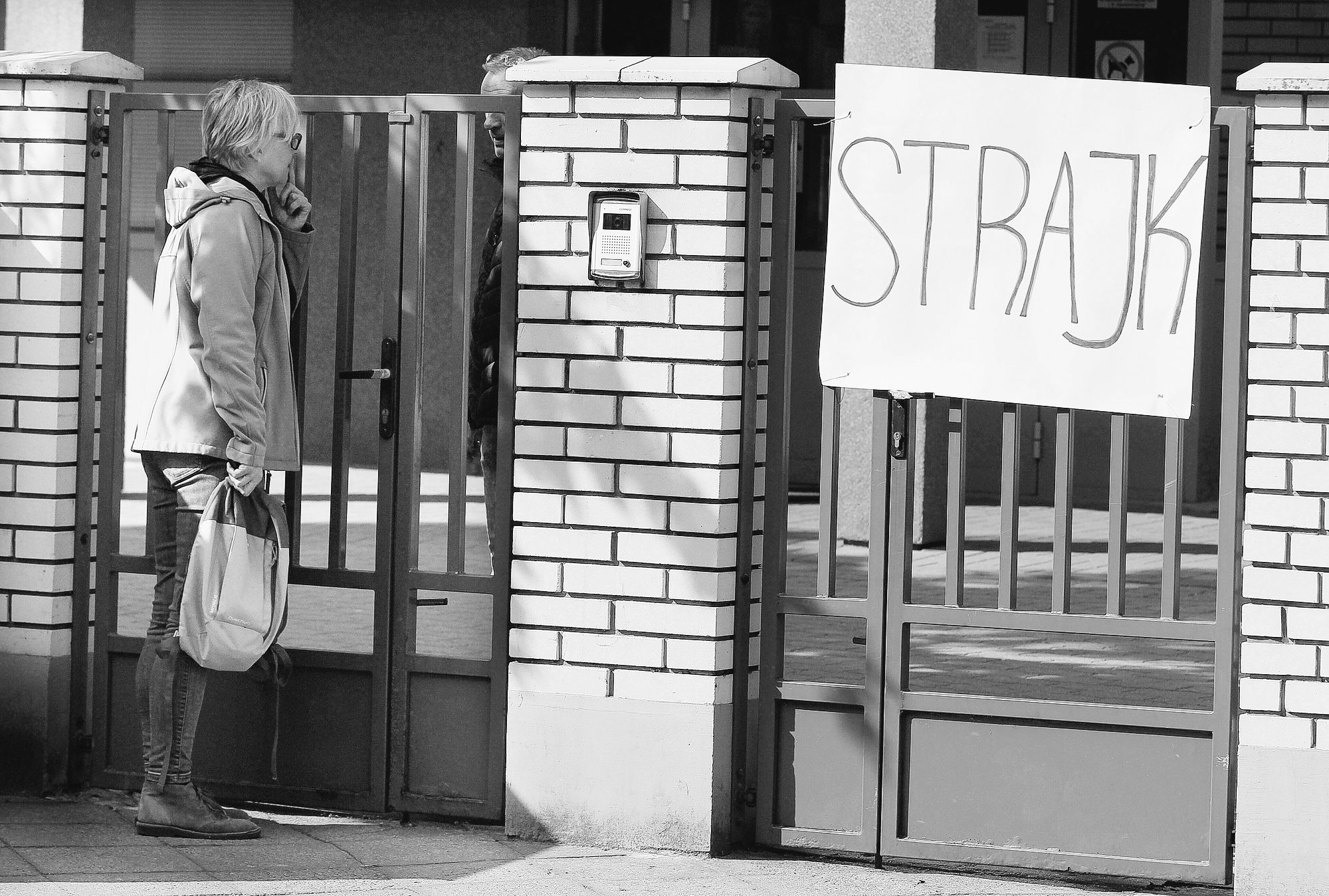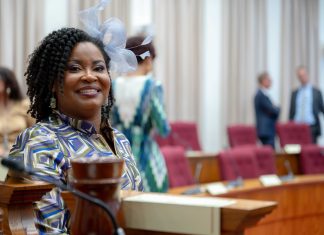
Teachers in Poland went on an indefinite nationwide strike over pay Monday after the government failed to meet union demands during days of negotiations.
The strike by teachers of kindergarten all the way up through the final year of high school is the first such widespread work stoppage in Poland’s classrooms since 1993, when graduation exams had to be canceled at many schools.
The latest strike also comes at a crucial time for students: days before end-of-year tests in primary and middle schools and weeks ahead of this year’s high school matriculation exams.
Warsaw officials said about 80% of the city’s schools were closed Monday. Preliminary figures from other regions showed that up to 90% of schools were affected in some areas. The Polish Education Ministry said 48.5% of schools nationwide were on strike at noon.
Poland has almost 400,000 teachers and some 4.5 million students.
The teachers were partly spurred into action by anger that the conservative ruling party, as part of its campaign strategy for next month’s European Parliament elections, has offered various financial boosts to families, businesses and to farmers for their pigs and cows, but not to chronically underpaid educators.
“In the past two weeks, money has been found for everyone, not only for humans, but there is no money for the teachers,” Slawomir Wittkowicz, head of the teachers’ Trade Unions Forum, said.
President Andrzej Duda, whose wife taught high school German before she became Poland’s first lady, expressed solidarity with the striking teachers, saying they should be properly compensated for their hard work. But Duda also appealed to them to be realistic with their demands and to allow the scheduled exams to be given.
The go-ahead for the protest was given by the main teachers’ union, ZNP, after last-ditch talks with the government failed Sunday night. Only the small pro-government Solidarity union accepted the government’s proposals and didn’t call a strike for members. Still, some Solidarity members joined the protest.
The unions originally demanded monthly raises of 1,000 zlotys ($260) and improvements to the salary system. Negotiators said they were willing to accept a compromise but found the government’s offer unacceptable.
Slawomir Broniarz, head of the ZNP, said the proposals were far below expectations and boiled down to more working hours for teachers.
The government argued it had raised teachers’ earnings since 2018 and would speed up that process. At the same time, it proposed increasing teachers’ class hours from 18 hours to 24 hours a week.
Protesting educators interviewed on private TVN24 said the strike is not only for pay but also for their dignity, because they cannot support their families. Fewer young people are opting to teach.
Teachers’ average net monthly earnings range from 1,800 zlotys to 3,000 zlotys ($470 to $780). They get some additional pay if they are in charge of a specific class.
Reactions among parents ranged from supportive and understanding to disappointment, especially since the strike comes so close to crucial tests.
“I absolutely support their strike. They are really earning peanuts for a job that involves responsibility and knowledge,” said Tomasz Pietka, father of a 4th-grader in Warsaw.
Deputy Prime Minister Beata Szydlo appealed Monday for renewed talks and for teachers to consider the welfare of students facing exams. However, no new bargaining sessions were scheduled by the end of the day.q


















